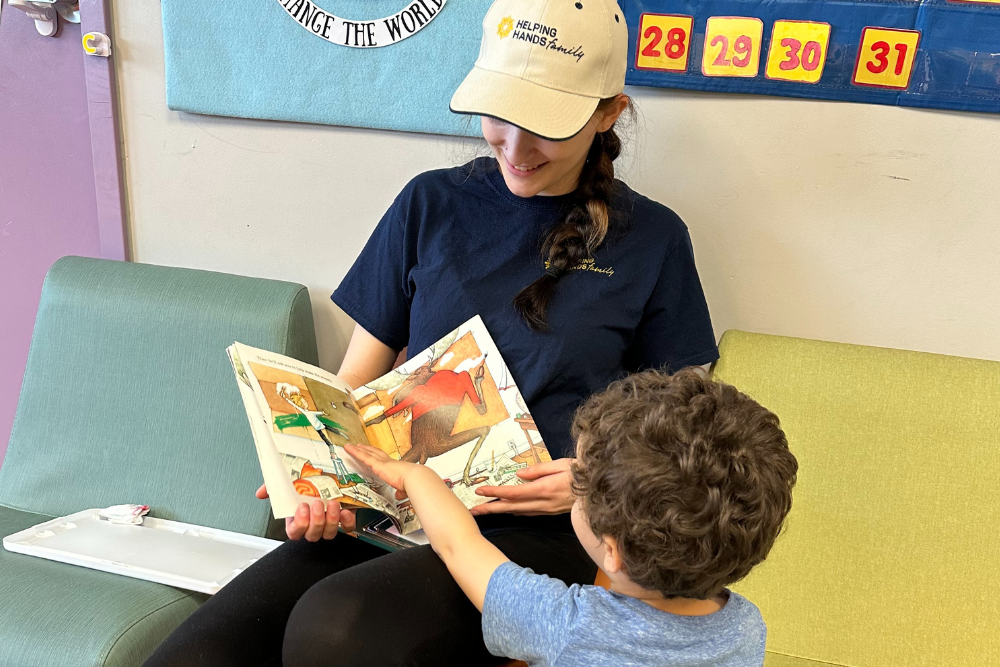
As understanding of autism spectrum disorder (ASD) grows, so does the importance of representation in popular culture. By incorporating autism themes into their stories, authors are challenging stereotypes and fostering a more inclusive world. Whether through factual accounts or fictional narratives, these books spark essential conversations.
Some messages included are:
- Promoting empathy for a sibling or friend with autism.
- Presenting factual information on ASD.
- Sharing relatable perspectives from those with autism.
- Encouraging social inclusion.
How Every Child & Classroom Can Benefit from Autism in Children’s Stories
Stories portraying individuals with autism in an authentic way can establish empathy and respect. Some tools books can incorporate to accomplish this are:
- Stories with likable characters that have ASD.
- Information dispelling myths or preconceptions about those with autism.
- Realistic portrayals depicting the strengths and challenges of those with autism.
By introducing autism themes earlier in life through relatable children’s material, an array of long lasting benefits can emerge. At our autism centers in Philadelphia, you will find books that promote:
Increased kindness and understanding. Books that positively represent individuals with autism can help to reduce concerns such as bullying and social isolation. Sharing stories that features characters with autism before misconceptions or myths take root can increase social acceptance naturally.
Positive family dynamics. When siblings and other family members gain a better understanding of autism through stories, those family members gain empathy. This feeling leads to more patience, respect, and inclusion.
Validation and problem-solving skills for children with autism. Characters that overcome similar problems that a child with autism experiences are impactful. Introducing children with autism to characters like them that are unique and capable offers a relatable role model. By including these characters, books can encourage and demonstrate that even those with autism still live fulfilling, productive, and meaningful lives.
Acceptance in school and beyond: The lessons learned from autism in stories help to rewrite the society-wide story about individuals with autism. When children are exposed to the truth about autism earlier, a ripple of acceptance and awareness can positively influence all school, work, and social experiences moving forward.
Books Worth Sharing With Children, Teens, & Parents
Preschool to Elementary Range: These books have relatable characters for children with autism. The stories focus on these character’s unique strengths, perspectives, and challenges.
- “The Very Special Critter” by Mercer Mayer
- “All My Stripes: A Story for Children with Autism” by Shaina Rudolph and Danielle Royer.
Older Children to Teens: These books feature characters experiencing life with Asperger’s Syndrome and bring these character’s experiences to life. Their stories present their unique point of view, relatable experiences of loss, and perspective on complex social situations.
- “The Curious Incident of the Dog in the Night-Time” by Mark Haddon
- “Mockingbird” by Kathryn Erskine
Parents and Teachers: These telling books invite you to explore the intricacies and perspectives of an individual with autism. “The Reason I Jump…” is actually written by a non-verbal teenager with autism, providing an unparalleled insight into his unique vantage point.
- “NeuroTribes: The Legacy of Autism and the Future of Neurodiversity” by Steve Silberman
- “The Reason I Jump: The Inner Voice of a Thirteen-Year-Old Boy with Autism” by Naoki Higashida.
Find Helpful Resources & Support
Like these inspiring books, our autism services in Pittsburgh, PA actively promote autism awareness and acceptance! If you are looking for support, information, or anything else related to autism, reach out to our caring team at Helping Hands Family today!
